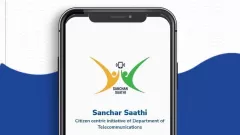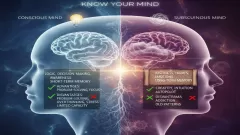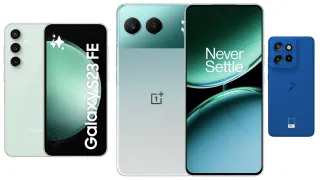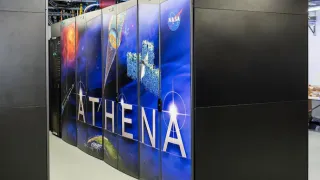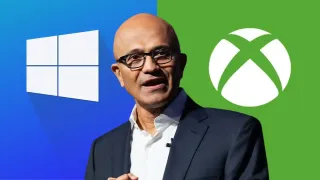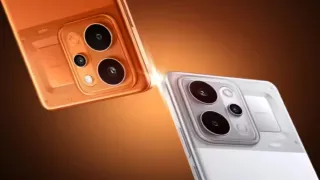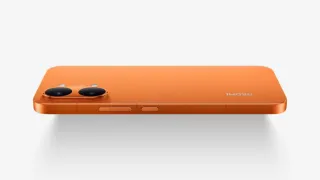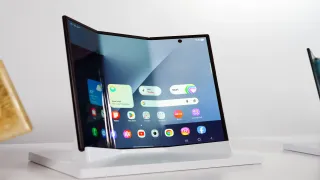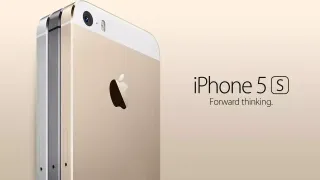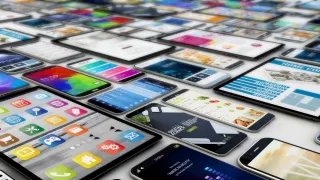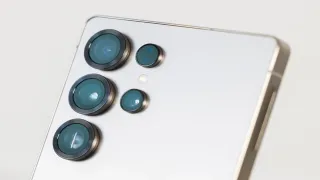Why does the battery of a Windows laptop run out quickly? Know the reasons behind it! ?
In today's digital age, laptops have become an important part of our lives. We depend on it for work, study and entertainment. In such a situation, the battery life of a laptop becomes a very important feature. Often people using Windows laptops complain that their laptop battery does not last as long as Apple's MacBook. This is a common problem, and there is no one reason behind it, but there is a combined effect of hardware, software and our habits.
Let us understand in detail why the battery of a Windows laptop runs out quickly.
1. Hardware and Software Integration
This is the biggest and most important reason.
Apple's Ecosystem: Apple makes both hardware (such as M1, M2, M3 chips) and software (macOS) for its MacBooks. This means that they are able to optimize the software perfectly according to the hardware. They know how much power each component will consume and how to manage it. It is like a tailor-made suit that fits perfectly.
The World of Windows: Microsoft, on the other hand, only makes the Windows operating system (OS). This OS runs on thousands of different laptops made by hundreds of companies (such as Dell, HP, Lenovo, ASUS). These laptops have processors from Intel or AMD, and graphics cards from NVIDIA or AMD. This makes it almost impossible for Microsoft to perfectly optimize the software for every hardware combination. It is like a "one-size-fits-all" shirt that fits loose for some and tight for others.
2. Variety and Cost
The market for Windows laptops is huge. You will find laptops for Rs 25,000 and Rs 2.5 lakh.
Budget Laptops: Low-cost laptops often use components that are not power efficient, as good quality efficient parts are expensive.
Gaming Laptops: Gaming laptops have very powerful processors (CPU) and graphics cards (GPU), which consume a lot of power. Their purpose is to provide performance, not battery life.
So, when we say that a "Windows laptop" has a bad battery, we are actually talking about thousands of different types of laptops, many of which are not designed for battery life.
3. Background Processes
Windows often has a lot of programs and services running in the background, which the user is not even aware of.
Bloatware: When you buy a new laptop, the company pre-installs many software in it (such as a trial version of antivirus, some games, or other apps). Many of these software are of no use to you and run in the background and consume battery.
Third-party apps: Many of the software we install (such as Google Drive, antivirus, download manager) start automatically as soon as the computer starts and keep running in the background.
All these processes constantly use the CPU, which increases battery consumption.
4. The Driver Issue
Every hardware part of the laptop (such as Wi-Fi card, touchpad, keyboard, graphics card) uses a small software called a driver to talk to Windows.
If these drivers are not written properly or are outdated, they are unable to manage the hardware properly. This can lead to unnecessary power consumption. Since Windows laptops have countless types of hardware parts, creating a perfect driver for each one is a huge challenge.
5. Power Management
Although Windows has modes like 'Balanced', 'Power Saver' and 'High Performance' for power management, its sleep mode is often not as efficient as MacBook. Sometimes Windows laptops consume more battery than expected even in sleep mode, while MacBook uses very little power by going into deep sleep.
How to improve battery life of a Windows Laptop? ?
Don't worry, you can greatly improve the battery life of your Windows laptop with some simple methods:
- Change settings: Use power saver mode. Keep the screen brightness low and turn off the keyboard backlight.
- Manage apps: See which app is consuming the most power in Task Manager (open by pressing Ctrl+Shift+Esc) and close it. Uninstall bloatware.
- Keep everything updated: Always keep Windows and all your drivers updated. Companies improve performance and power efficiency through updates.
- Choose browser: Google Chrome is known to use more RAM and battery. Microsoft Edge browser on Windows often saves more battery as it is built for Windows.
- Take care of the battery: Do not let the battery get too hot and try not to let it go below 20% and charge it only up to 80-90%.
In short, the lack of hardware-software coordination, variety of options, and background processes are the main reasons behind the battery life of Windows laptops.






